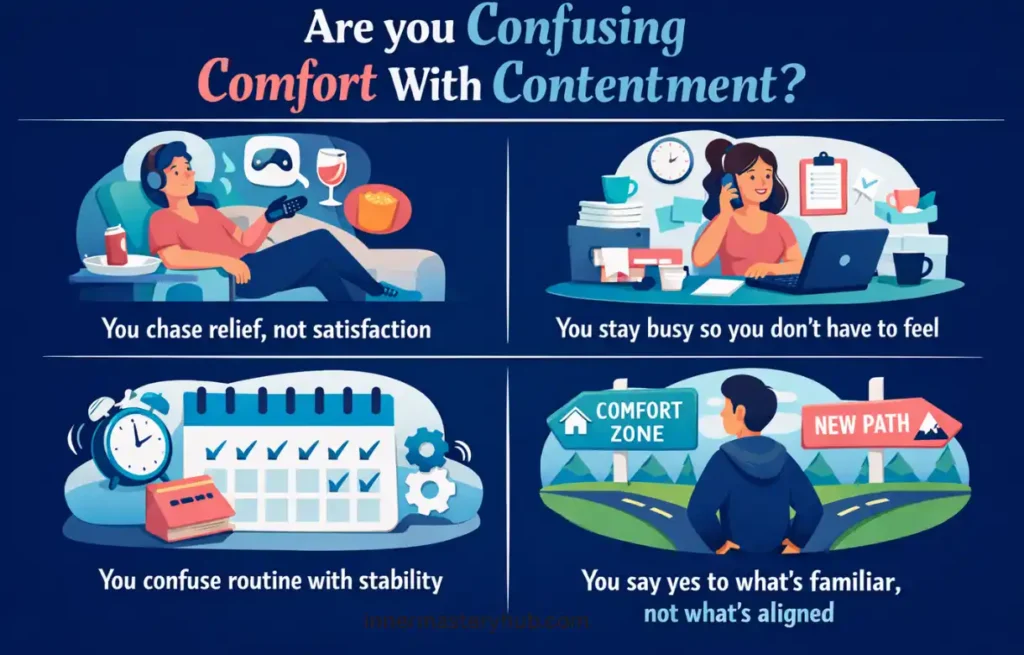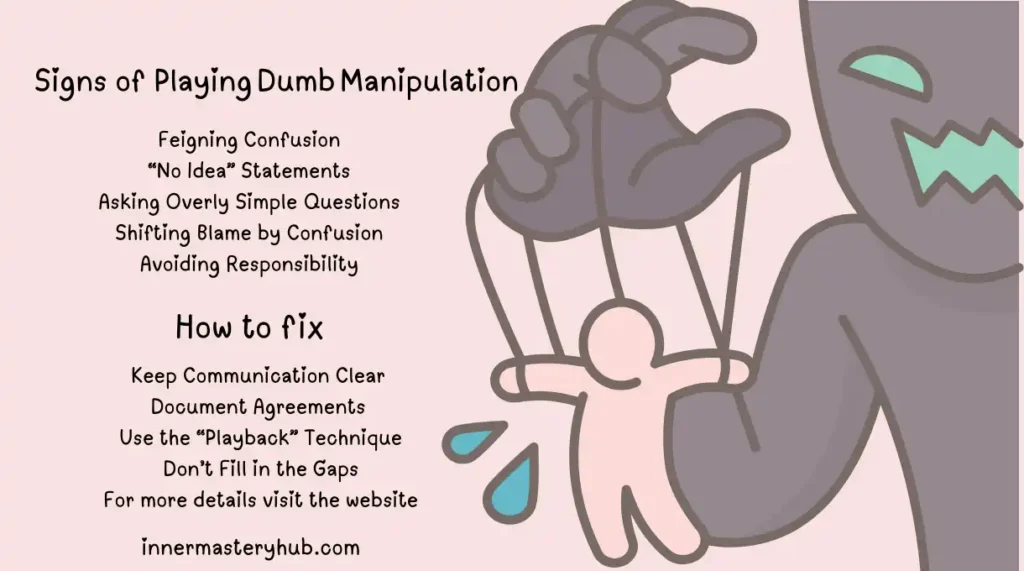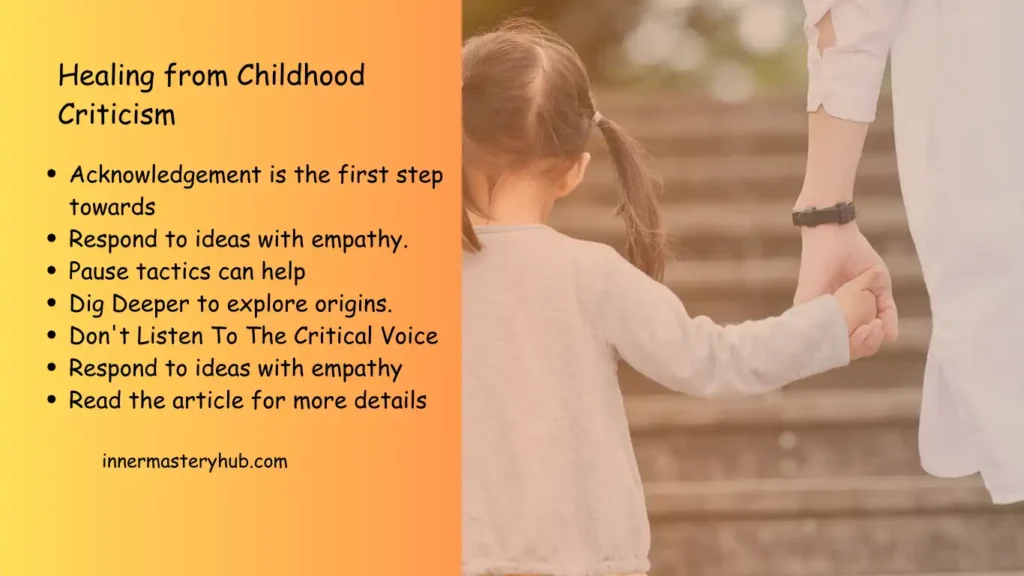Familiarity Breeds Contempt Is Real—Here’s How to Reverse It

The phrase “familiarity breeds contempt” is one that we have all heard many times. What does it actually mean, though? Is it just another old saying, or does it have a certain truth to it? In order to understand why too much familiarity breeds contempt, particularly in interpersonal relationships and social dynamics, we will look into the psychological and relational components of this proverb.
Is Familiarity Really the Cause of Contempt?
Fundamentally, the saying “familiarity breeds contempt” implies that when people come to know someone too well, they lose regard for them. This concept comes up in the context of friendships, family ties, romantic relationships, and occasionally even work-related situations.
This is something that many of us have personally experienced. We become enthusiastic about a new friend or partnership. There is the initial curiosity and the urge to find out everything there is to know about the other person. However, the things that previously looked charming may start to fade as time passes and we grow familiar with them, which causes feelings of ignorance, annoyance, or apathy in relationships.
According to psychologists, a change in perception results from growing familiarity. Our once-admired qualities begin to annoy us. Things that used to be appealing become boring to us. But is this how all relationships naturally develop, or are there particular variables at play?
The Psychology Behind Familiarity Leading to Contempt
The phrase “familiarity breeds contempt” may have greater psychological significance, given how our brains gradually digest information. People are frequently glorified when we first meet them. This phenomenon, known as “the halo effect,” takes place when we only consider a person’s good qualities at first glance.
But such favorable impressions may fade as we learn more about that person. According to psychologist Dr. John Gottman, who is well-known for his studies on relationships, people eventually start to notice the shortcomings in the behaviors of others that they have first overlooked.
Consider the traditional situation in love partnerships. Everything about a new companion seems fantastic at first. But as you get to know them better, some of their habits or behaviors that you thought were adorable at first start to annoy you. This is the point at which the word “contempt” is applied.
The Dangers of Complacency
Complacency arises from familiarity in love relationships. When partners cease to make the effort that once drew them together, they grow too used to one another. The relationship becomes stale as a result of this lack of effort, which leads to bitterness.
In friendships, the same thing occurs. We spend time and effort getting to know someone at first, but as the friendship grows more comfortable, we begin to take it for granted. As the thrill of friendship wears off, we start to notice our friend’s shortcomings more clearly, which could lead to a change in how we feel about them.
Example of Familiarity Breeds Contempt in the Work Environment
It’s not just in personal relationships where familiarity can cause contempt. In professional settings, familiarity also leads to a decrease in respect and professional boundaries. When employees begin to feel less inclined to respect their boss’s authority, or a leader loses respect for their team members if they feel like they’ve become too familiar.
This is why office environments sometimes face challenges while maintaining professionalism once relationships become more casual. Even in workplaces, where familiarity should theoretically lead to better teamwork and communication, it can often lead to misunderstandings and a lack of respect for boundaries.
How to Prevent Familiarity from Breeding Contempt
While it’s natural for familiarity to cause some friction, it doesn’t have to lead to contempt. The key lies in how we manage familiarity in our relationships, whether personal or professional. Here are a few ways to prevent this phenomenon from taking hold in your life.
1. Maintain Boundaries
Maintain healthy boundaries, especially in long-term relationships or friendships. Over time, it’s easy to fall into patterns of behavior where we stop being mindful of our partner’s or friend’s needs. However, keeping boundaries intact emotionally, physically, and even mentally helps preserve the respect and appreciation that first attracted you to them.

2. Keep the Excitement Alive
In romantic relationships, it’s easy for the excitement to fade as time goes on. To keep the spark alive, couples should try new activities together, spend time apart, and regularly express appreciation for one another. This doesn’t mean you should always be on your toes, trying to impress each other, but rather, you should continue to learn new things about one another and keep growing together.
3. Practice Empathy and Patience
Know that everyone has their flaws and imperfections to maintain a healthy relationship. If you find that your feelings of contempt are growing, try to take a step back and practice empathy. Instead of focusing on what annoys you, try to see things from the other person’s perspective.
4. Communicate Effectively
Communication is necessary to prevent familiarity leading to contempt. If something is bothering you, don’t bottle it up and talk about it. Make it a habit to address issues early on, to prevent small annoyances from turning into larger issues. Healthy communication builds understanding and reduces misunderstandings that might lead to contempt.
5. Make Time for Each Other
In long-term relationships, the busyness of life sometimes makes people take each other for granted. Make time to reconnect and prioritize the relationship. Whether it’s through regular date nights, weekend getaways, or simply spending more quality time together, taking time for each other can keep things fresh with your spouse.
6. Don’t Let Complacency Set In
Try to avoid the trap of complacency by actively working on your relationships. It’s easy to fall into routines, but keeping things interesting and exciting needs a conscious effort. Change is a good thing, whether it’s a new hobby, a new project, or a different way of interacting. Don’t let familiarity lead to boredom.
The True Meaning of Familiarity Breeds Contempt
At its heart, the phrase “familiarity breeds contempt” is about how we perceive others when we’ve been around them long enough. The initial excitement fades, and we begin to notice their imperfections. However, that doesn’t mean familiarity always leads to contempt. With the right mindset, healthy boundaries, good communication, and a commitment to keep things fresh, we can maintain strong relationships despite the familiarity.
As we know, feelings change over time, but that doesn’t have to lead to negative outcomes. The psychology behind the phrase teaches us to take proactive steps to turn familiarity into a foundation for deeper connections rather than allowing it to become a source of frustration.
So, next time you feel yourself growing irritated with someone you’ve known for a while, be assured that it’s a common part of human nature. Instead of letting contempt take root, try to nurture the relationship with respect, patience, and effort. After all, familiarity doesn’t have to breed contempt—it can also breed understanding and deeper affection.
Frequently Asked Questions (FAQs) on ‘Familiarity Breeds Contempt’
Can familiarity ever enhance relationships?
When you get approached with openness and respect, familiarity can lead to deeper connections and stronger bonds.
What does ‘familiarity breeds contempt’ mean?
This phrase suggests that the more we know someone, the more likely we are to notice their flaws and become less respectful or appreciative of them over time.
Is ‘familiarity breeds contempt’ always true?
Not necessarily. While it’s common, many relationships grow stronger with familiarity when there’s mutual respect and effort.
How does familiarity affect relationships?
In relationships, increased familiarity leads to deeper understanding but may also bring to light irritations or unmet expectations.
Does familiarity breed contempt in friendships?
Yes, over time, friends become annoyed with each other as they become more familiar with each other’s habits and quirks.
Can familiarity lead to contempt in the workplace?
Absolutely. Close working relationships can sometimes lead to misunderstandings or conflicts as colleagues become more familiar with each other’s work styles.
What is the psychological basis for this phenomenon?
Psychologists suggest that as we become more familiar with someone, we start to notice differences and flaws, leading to decreased liking.
How can we prevent familiarity from breeding contempt?
Maintain respect, set boundaries, make efforts, and appreciate each other’s differences to prevent familiarity leading to contempt.
Does ‘familiarity breeds contempt’ apply to all relationships?
Not all. Some relationships become stronger with familiarity, especially when both parties are committed to understanding and respecting each other.
Is this concept supported by research?
Yes, studies have shown that increased familiarity leads to contempt or decreased liking due to the recognition of differences and flaws.






